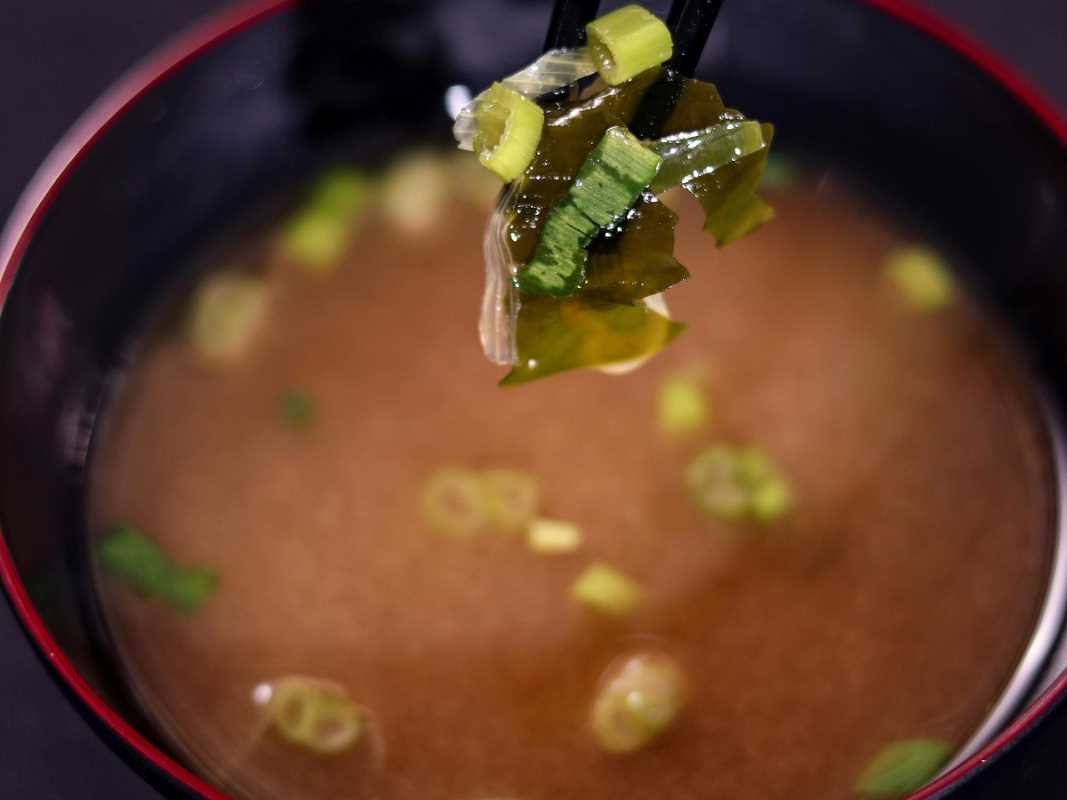Dining out has always been about more than just eating; it’s an experience that connects communities, celebrates craftsmanship, and showcases the best of the land. Across the U.S., some restaurants have taken this philosophy to heart by doubling down on their commitment to using local, fresh, and organic ingredients. These establishments don’t just serve meals; they tell stories of sustainability, highlight regional farmers, and honor the seasons in every bite. Here’s a closer look at some of the standout restaurants redefining dining through their dedication to local and organic sourcing.
1. Blue Hill at Stone Barns – Tarrytown, New York
Nestled in the picturesque Hudson Valley, Blue Hill at Stone Barns is a beacon of the farm-to-table movement. Located on the Stone Barns Center for Food and Agriculture, this restaurant goes beyond sourcing local ingredients; it grows its own. The menu changes daily, reflecting what’s fresh and in season, often including vegetables harvested just yards from the kitchen.
Chef Dan Barber’s philosophy of sustainability permeates every aspect of the dining experience. Guests are treated to multi-course meals featuring innovative uses of overlooked or underappreciated ingredients, such as hay-smoked meats or “second cuts” of vegetables. Dining here is not only a feast for the senses but an education in responsible, forward-thinking agriculture.
Why It Stands Out:
- The restaurant operates as part of a working farm, ensuring complete control over ingredient quality.
- Every meal is a celebration of local biodiversity, with dishes inspired by the land and the farming process.
2. The Herbfarm – Woodinville, Washington
Just outside Seattle, The Herbfarm is a restaurant that revolves entirely around local sourcing, sustainable practices, and a deep respect for the seasons. This dining destination offers a nine-course meal that emphasizes fresh, organic produce, herbs, and locally sourced proteins, all artfully prepared to showcase the flavors of the Pacific Northwest.
The Herbfarm maintains its own onsite gardens, growing seasonal herbs and vegetables used in their dishes. They also collaborate with nearby farms and foragers to highlight unique local produce, from wild mushrooms to heirloom fruits.
Why It Stands Out:
- The restaurant follows a hyper-seasonal philosophy, with menus that shift to reflect what’s at its prime in the region.
- Their wine pairings are exclusively regional, further rooting the dining experience in the local terroir.
3. Husk – Charleston, South Carolina
At Husk, the mantra is simple yet revolutionary: “If it doesn’t come from the South, it’s not on the plate.” Located in a beautifully restored Victorian home, Husk has become a destination for those seeking a true taste of Southern cuisine reimagined for the modern palate.
Chef Sean Brock and the team source every ingredient locally, working closely with regional farmers, fishermen, and artisans. Daily menu updates ensure the freshest produce, and dishes like cornmeal-crusted catfish or heritage pork embody the flavors and traditions of the South while showcasing sustainable sourcing.
Why It Stands Out:
- Husk’s commitment to showcasing Southern ingredients supports local producers and celebrates the region’s rich culinary heritage.
- The restaurant grows many of its own herbs and small vegetables in an onsite garden.
4. Chez Panisse – Berkeley, California
Chez Panisse is often credited with launching the farm-to-table movement in the U.S. Founded by Alice Waters in 1971, this Berkeley institution has set the standard for sourcing fresh, organic, and local ingredients. The restaurant works directly with nearby farmers, ranchers, and fishermen to craft simple yet profoundly flavorful dishes.
The menu changes daily, reflecting the bounty of Northern California. Meals might include a salad of just-picked greens dressed with olive oil or a hearty entree of locally raised lamb, all prepared with the utmost care and respect for the ingredients.
Why It Stands Out:
- Chez Panisse’s influence extends beyond its dining room, as Alice Waters has been a vocal advocate for sustainable food systems nationwide.
- Many of the restaurant’s suppliers have been partners for decades, reflecting a deep commitment to supporting the local farming community.
5. Blackberry Farm – Walland, Tennessee
Part luxury resort, part culinary haven, Blackberry Farm offers a dining experience rooted in the Appalachians. The property spans thousands of acres, much of which is dedicated to farming. Guests at the estate can enjoy meals crafted with produce from the onsite garden, eggs from the farm’s chickens, and even cheeses made in their dairy.
The chefs at Blackberry Farm create dishes that celebrate the region’s heritage, such as farmstead grits, seasonal salads, and responsibly raised meats. Their mastery of fermentation, preservation, and foraging further enhances the farm-to-table experience.
Why It Stands Out:
- Blackberry Farm integrates every aspect of production, from growing vegetables to crafting charcuterie, making it a true seed-to-plate destination.
- The resort also offers educational programs on farming and cooking, allowing guests to become immersed in the process.
6. Farm Spirit – Portland, Oregon
Farm Spirit is a small, intimate restaurant that takes plant-based dining to the next level. Every dish is a work of art, made entirely from locally sourced, seasonal ingredients. With a firm commitment to supporting Oregon’s farms, forests, and fields, Farm Spirit’s multi-course tastings showcase the depth and versatility of plant-based cuisine.
The restaurant operates on a ticketed system, offering a chef’s counter that allows diners to interact with the culinary team as they prepare and explain each dish. Ingredients like wild nettles, hazelnuts, and smoked mushrooms take center stage, bringing the essence of the Pacific Northwest to life.
Why It Stands Out:
- Farm Spirit offers a fully vegan dining experience, proving that local, fresh, and organic can be indulgent and innovative.
- Their dedication to regional sourcing ensures that every meal has a minimal carbon footprint.
7. Fore Street – Portland, Maine
Fore Street is a mainstay of New England’s farm-to-table scene. Located in Portland, Maine, the restaurant has long been celebrated for its wood-fired dishes made with local ingredients. The menu reflects a strong partnership with farmers, fishermen, and foragers throughout the region, with dishes like freshly shucked oysters, spit-roasted meats, and seasonal vegetable medleys.
The open kitchen design allows diners to watch as chefs roast, grill, and bake each dish using methods that highlight the natural flavors of their ingredients.
Why It Stands Out:
- Fore Street’s relationships with local producers ensure a steady supply of the freshest seafood, dairy, and produce.
- The wood-fired cooking technique creates bold, rustic flavors that perfectly suit the New England aesthetic.
8. The Restaurant at Patowmack Farm – Lovettsville, Virginia
Overlooking the Potomac River, The Restaurant at Patowmack Farm delivers an exceptional fine-dining experience rooted in sustainability. What sets it apart is its integration with Patowmack Farm itself, which provides much of the produce used in its dishes.
Guests can enjoy a set menu crafted around what’s ripe and ready, such as heritage grains, foraged mushrooms, and farm-raised proteins. The restaurant’s picturesque setting and commitment to organic farming make it a standout destination for food lovers.
Why It Stands Out:
- The restaurant embodies the zero-mile diet, where nearly everything served comes directly from its own farm.
- Their seasonal approach emphasizes harmony with the land, creating unique menus that change week by week.
These restaurants are proving that sustainability and culinary excellence go hand in hand. By prioritizing local sourcing, organic farming, and seasonal menus, they elevate dining into an art form that supports both communities and the environment.
 (Image via
(Image via





